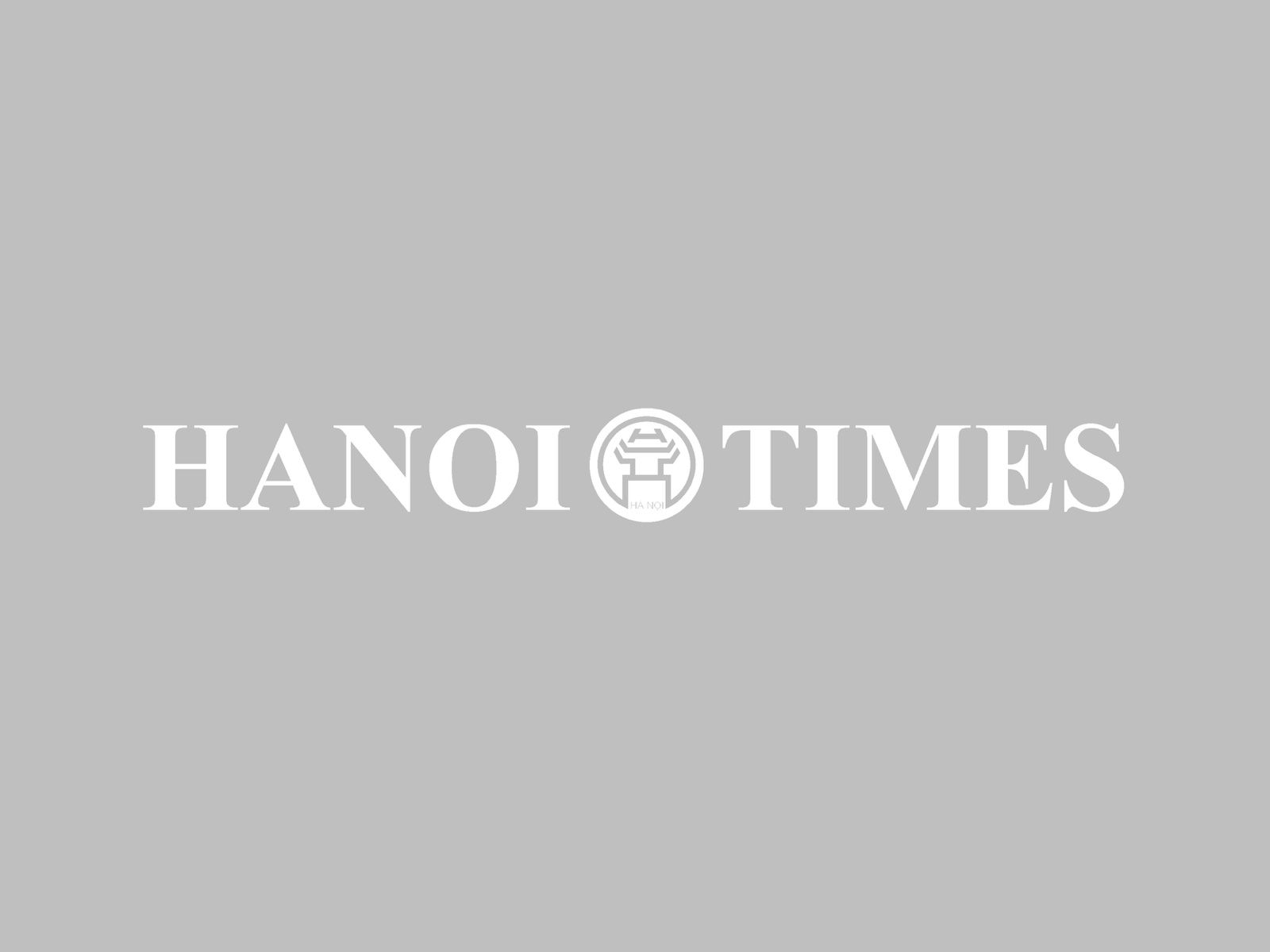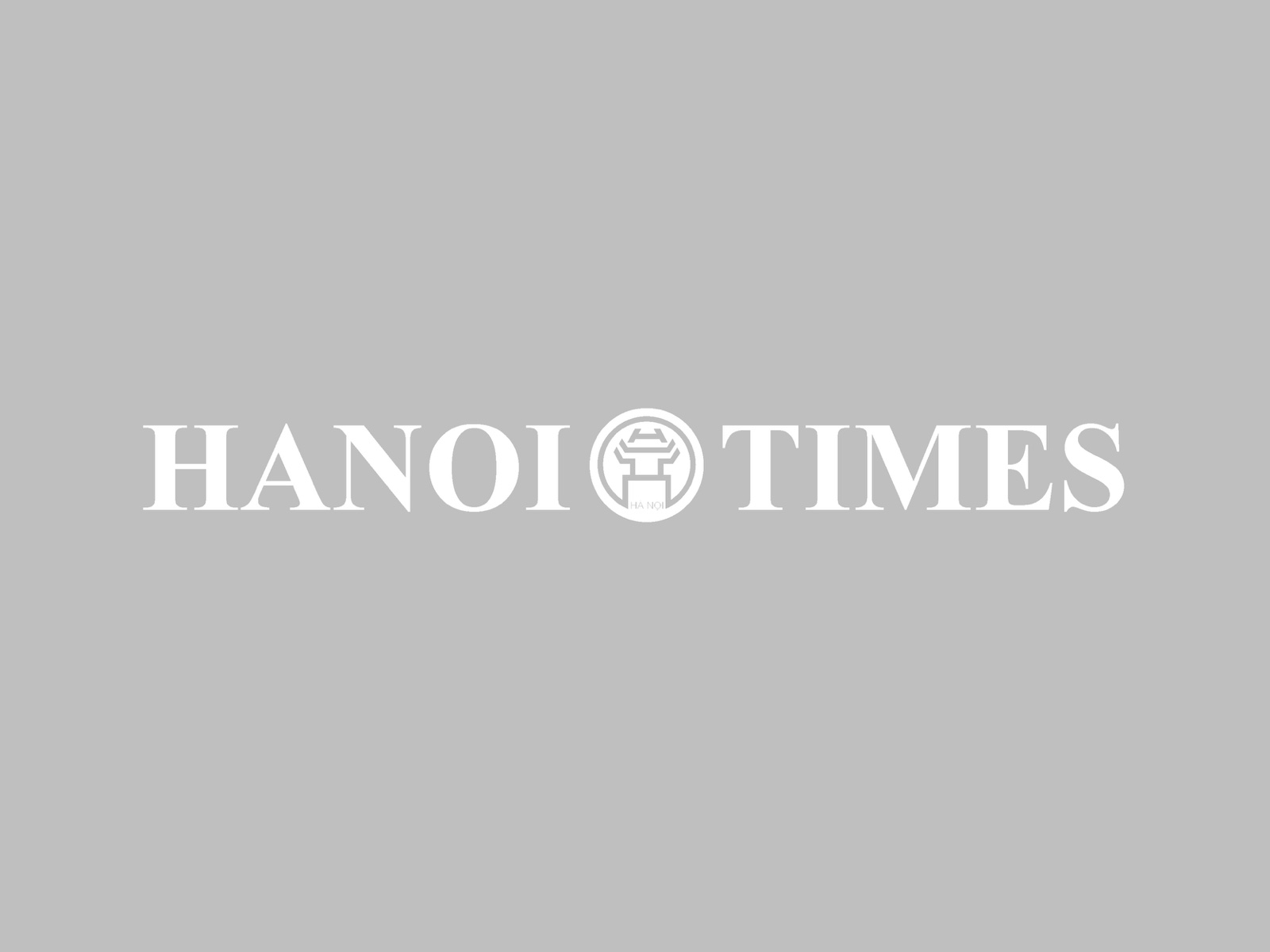Econ
How does Vietnam rural area change over 25 past years with IFAD support?
May 23, 2019 / 10:55 PM
The International Fund for Agricultural Development (IFAD) has helped bring down the poverty rate from 60% in the mid-eighties in Vietnam to 16% in 2016.
Vietnam – the country with more than 70% of the population living in rural areas – has experienced significant changes with the elimination of hunger, reduction of poverty, and most of all the improvement of livelihood over the past 25 years.
How could Vietnam reduce its poverty rate from around 60% of total population in the mid-eighties to 16% in 2016? The presence of the International Fund for Agricultural Development (IFAD) since 1993 has greatly helped to drive down the rate in the Southeast Asian country.
Over the past 25 years, the IFAD has financed a total of US$565.4 million, with an IFAD investment of US$377.5 million in 15 rural development projects in all parts of the country.
Such enormous support since the dawn of the Doi Moi (Reforms) process have directly benefited more than 748,470 rural households in 11 provinces, significantly changing the rural life.
“We are celebrating the solid and fruitful partnership between IFAD and Vietnam this year.
Vietnam has made impressive leaps in transforming its economy in a very short time span, growing from a mere US$230 per-capita GDP in 1985 to US$2,340 in 2017,” Associate Vice-President of IFAD Donal Brown said at on the occasion of the 25th anniversary partnership held in Hanoi in May 2019.
The IFAD’s side-by-side supporting with the governments of Vietnam and development partners has strongly contributed to the implementation of the United Nations’ Sustainable Development Goals (SDGs) – Agenda 2030.
The IFAD’s strategy and portfolio aim at developing pro-poor market-led innovations, strengthening institutional and policy reforms at the provincial level, building capacity among poor farm households, and adapting to the effects of climate change.
“Our program in Vietnam is not only about finance, rural transformation and innovation. It is also and really about people. IFAD is a people-centered organization. We invest in rural people while focusing on activities that have the greatest impact on residual poverty in rural areas, said Vietnam Country Director of IFAD Thomas Rath.
The projects which are conducted under the public-private partnership (PPP) has become more effective with the right implementation from the idea picking to the completion in which farmers and stakeholders are instructed to work in closed production chains.
Accordingly, 109 enterprises have participated in agricultural value chain with total investment of US$20 million under the PPP, benefiting more than 30,500 households, employing additional 5,000 people.
Another dimension contributing to the improvement of livelihood is direct financial support to households. As a result, nearly 11,000 savings and credit groups have been established with more than 90,000 members, granting financial support to help members improve household economy.
In terms of climate resilience, about 86,800 people have been trained on climate adaptation.
However, poverty gains in the rural areas are fragile as poor and extremely poor people are concentrated in ethnic minority groups, often residing in the highlands.
Both local and foreign experts said that there remains much to do to pursue sustainable growth although Vietnam has become a hub for foreign investment and manufacturing in Southeast Asia.
Indeed, Vietnam is still a country with predominant rural population with a vibrant agricultural sector where small holders represent the large majority, contribute to sustained growth, and provide much of rural employment and raw materials for its agro-business.
The IFAD is fully committed to continuing its partnership with Vietnam in the coming years in pursuit of the SDGs by empowering people to strengthen food security and improve livelihood, said the IFAD official.

IFAD's Associate Vice-President Donal Brown. Photo: IFAD
|
Over the past 25 years, the IFAD has financed a total of US$565.4 million, with an IFAD investment of US$377.5 million in 15 rural development projects in all parts of the country.
Such enormous support since the dawn of the Doi Moi (Reforms) process have directly benefited more than 748,470 rural households in 11 provinces, significantly changing the rural life.
“We are celebrating the solid and fruitful partnership between IFAD and Vietnam this year.
Vietnam has made impressive leaps in transforming its economy in a very short time span, growing from a mere US$230 per-capita GDP in 1985 to US$2,340 in 2017,” Associate Vice-President of IFAD Donal Brown said at on the occasion of the 25th anniversary partnership held in Hanoi in May 2019.
The IFAD’s side-by-side supporting with the governments of Vietnam and development partners has strongly contributed to the implementation of the United Nations’ Sustainable Development Goals (SDGs) – Agenda 2030.
The IFAD’s strategy and portfolio aim at developing pro-poor market-led innovations, strengthening institutional and policy reforms at the provincial level, building capacity among poor farm households, and adapting to the effects of climate change.

IFAD's Vietnam Country Director Thomas Rath. Photo: Dang Tran Phu
|
The projects which are conducted under the public-private partnership (PPP) has become more effective with the right implementation from the idea picking to the completion in which farmers and stakeholders are instructed to work in closed production chains.
Accordingly, 109 enterprises have participated in agricultural value chain with total investment of US$20 million under the PPP, benefiting more than 30,500 households, employing additional 5,000 people.
Another dimension contributing to the improvement of livelihood is direct financial support to households. As a result, nearly 11,000 savings and credit groups have been established with more than 90,000 members, granting financial support to help members improve household economy.
In terms of climate resilience, about 86,800 people have been trained on climate adaptation.
However, poverty gains in the rural areas are fragile as poor and extremely poor people are concentrated in ethnic minority groups, often residing in the highlands.
Both local and foreign experts said that there remains much to do to pursue sustainable growth although Vietnam has become a hub for foreign investment and manufacturing in Southeast Asia.
Indeed, Vietnam is still a country with predominant rural population with a vibrant agricultural sector where small holders represent the large majority, contribute to sustained growth, and provide much of rural employment and raw materials for its agro-business.
The IFAD is fully committed to continuing its partnership with Vietnam in the coming years in pursuit of the SDGs by empowering people to strengthen food security and improve livelihood, said the IFAD official.









